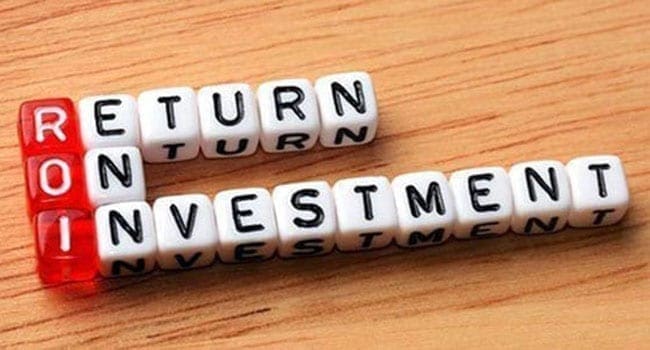 The great Canadian experiment Justin Trudeau represents is struggling. It seems our very Canadian desire for consensus and safety are undermining the prosperity upon which all our other virtues depend.
The great Canadian experiment Justin Trudeau represents is struggling. It seems our very Canadian desire for consensus and safety are undermining the prosperity upon which all our other virtues depend.
The desire for consensus – worthy in its own right – seems to be undermining the ancient principle of private property. For centuries, the norm in Western capitalism has been that private individuals (or corporations) were empowered with rights to own property and in-large left to advance those resources as they saw fit. To make it work, Canadians have expected (and generally received) high levels of social responsibility from both individuals and corporations.
Regrettably, today’s consensus politics has unleashed a host of groups opposed to economic development and reduced the dialogue on major projects to a shouting match. Ironically, the net effect of enlarging the role of public consultation has been increased division; we’ve simply separated the nation into its warring factions. Either of which, it seems, holds a veto over action.
But Canadian’s desire for safety is perhaps an even greater threat to our collective future.
Despite the feel-good aura of our prime minister, while the world may see Canada as a great place to live, it does not see us as a great place to do business.
The biggest disconnect seems to be in Canada’s smaller companies. These companies need direct investment in order to grow; at present, only 1.4 percent of mid-sized companies in Canada grow to become big companies.
This situation exists despite various attempts to direct investment dollars to these companies. Back in 2009 Jim Flaherty, Stephen Harper’s finance minister, introduced the Tax-Free Savings Account (TSFA) to encourage Canadian savings and to provide a significant financial incentive for individuals to invest in Canadian companies.
However, the results are not encouraging; in 2016 there was over $80 billion of TSFAs languishing in unproductive GIC type investments earning one to two percent returns. I’m sure it is only worse now.
Why, considering the need, won’t Canadians invest in their own country?
The root of the problem is simple; TSFA’s are a good idea, but suffer from bad implementation. It seems very conservative banks have nearly monopolized the role of financial advisors to TSFA investors.
One investor I know bought $10,000 dollars’ worth of shares in a Canadian business. The investor was excited, explained that he paid 20 cents a share and felt they could be worth $2.00 per share.
I asked him if he had a TSFA account. The answer was yes. I then asked him why he hadn’t invested through his TSFA account, for doing so could save him substantial capital gains taxes. After a few minutes of awkward silence, the investor said, “my financial advisor told me it was not allowed”.
The reality is, the investor’s financial advisor works for a bank. Admittedly, banks make very little money on TSFA accounts, but what money they do make involves the marketing of their own bank products, such as GICs.
In truth, almost any investment that involves an arms length third party can qualify for TSFA approval, and yes, you can self-direct your TSFA saving to these investments if they meet the standards.
If Canadians considered the matter they’d use their RRSP funds for longer-term conservative investments and think of their TSFA money as their “gamble” fund, using it for higher risk investments becausse, if the investment pays off, the reward is tax free.
Much of Canada’s best young talent is tied up in small- to medium-sized companies that need direct investment. Regrettably, banks won’t lend them the money they need to grow and venture capital is not patient enough to develop these businesses in Canada. Why not take some time to consider your investing from your TSFA to help these struggling businesses?
If Canadians won’t invest in their own future, nobody else will. We have some of the sharpest young brains in the world inventing groundbreaking technology. C’mon Canadians, break out of the grim consensus, do your homework and invest. After all, our future depends upon it.
Robert McGarvey is an economic historian and former managing director of Merlin Consulting, a London, U.K.-based consulting firm. Robert’s most recent book is Futuromics: A Guide to Thriving in Capitalism’s Third Wave.
Robert is a Troy Media contributor. Why aren’t you?
The views, opinions and positions expressed by columnists and contributors are the author’s alone. They do not inherently or expressly reflect the views, opinions and/or positions of our publication.


